Indigenous leaders from Colombia and Peru will be in the UK from 27-29 November to meet parliamentarians and NGOs to rise of awareness of the reported negative impact of Glencore’s coal and copper mines have had on their territories. The event “Unmasking Glencore: a toxic legacy in Colombia and Peru” will be held in London on the 27th.
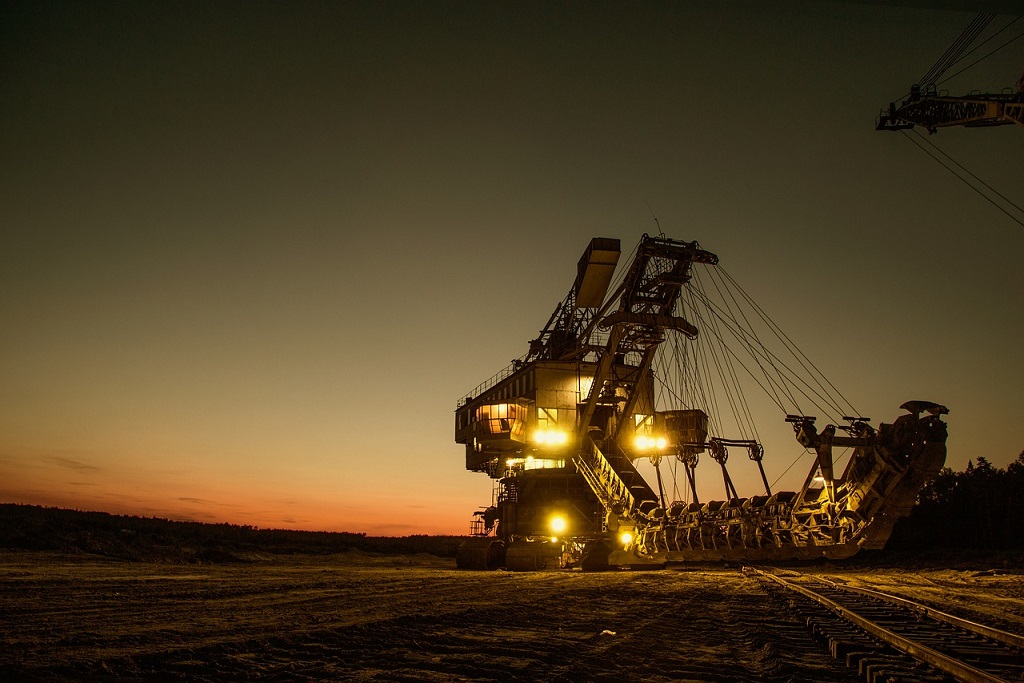 Information: ABColombia
Information: ABColombia
On 16 November 2023 Fair Finance International, Oxfam, CooperAcción, Cinep and Censat launched a new report (“A toxic legacy: Glencore’s footprint in Colombia and Peru: European banks and investors must take responsibility”) evidencing how major UK and European banks and investors are backing a toxic legacy in Peru and Colombia by mining giant Glencore Plc. ABColombia, Peru Support Group and War on Want have invited affected indigenous communities from Peru and Colombia to London, 27 to 29 November, to explain the environmental and human rights devastation they are experiencing on the ground.
The report details the contamination of water and the environment and the grave human rights consequences for the Wayuu Indigenous peoples in the vicinity of Glencore’s Carbones de Cerrejón in la Guajira, Colombia and the Quechua and K’ana Indigenous peoples near the Espinar Copper Mine in Cusco, Peru.
Faced with this reality, Leobardo Alberto Sierra Frías, a Wayuu indigenous leader, says that his “struggle has been, is and will be the defence and protection of the Bruno stream from outsiders who have come to destroy my territory. If they kill the stream, they kill us because our spirits die.”
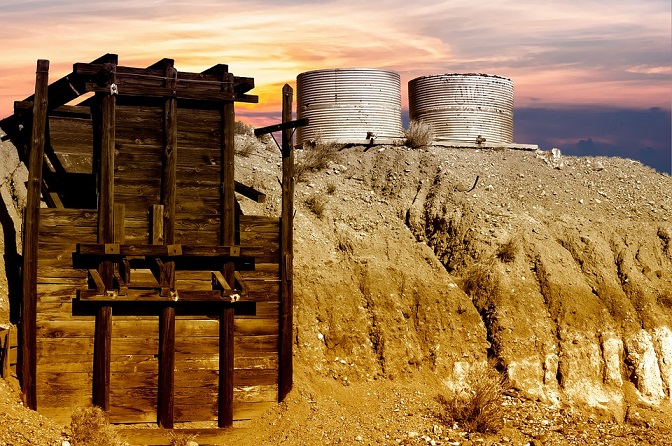 Glencore’s mine – Carbones de Cerrejón, has privatised and restricted access to water in a semi-arid area of Colombia along with destroying and diverting rivers and streams, the mine uses approximately 24 million litres of water per day and contaminates significant quantities of water, as well as contaminating the air. A disturbing impunity surrounds Glencore, despite the numerous rulings from the Colombian High Courts and research from international organisations supporting the complaints. 340,000 inhabitants of La Guajira suffer from respiratory issues related to the mine’s polluting activity. La Guajira is the ancestral homeland of the indigenous Wayúu people, who have been displaced to make way for the Glencore’s Cerrejón open-pit coal mine, the largest in Latin America. Afro-Colombian and campesinos communities (subsistence farmers), who also live in the region, were similarly forcibly displaced.
Glencore’s mine – Carbones de Cerrejón, has privatised and restricted access to water in a semi-arid area of Colombia along with destroying and diverting rivers and streams, the mine uses approximately 24 million litres of water per day and contaminates significant quantities of water, as well as contaminating the air. A disturbing impunity surrounds Glencore, despite the numerous rulings from the Colombian High Courts and research from international organisations supporting the complaints. 340,000 inhabitants of La Guajira suffer from respiratory issues related to the mine’s polluting activity. La Guajira is the ancestral homeland of the indigenous Wayúu people, who have been displaced to make way for the Glencore’s Cerrejón open-pit coal mine, the largest in Latin America. Afro-Colombian and campesinos communities (subsistence farmers), who also live in the region, were similarly forcibly displaced.
European banks are key to Glencore’s ability to continue its destructive activities. Of the 83.3 billion euro of loans and investments for Glencore between 2016 and 2023, nearly 50 percent (41.2 billion) came from European banks including British banks such as HSBC – which is in the top five. The biggest European investors in Glencore include the Royal London Group.
“Glencore is the world’s largest coal trader, and currently plans to expand its coal production far beyond the Paris Agreements safe limits, despite declaring it supports them”, says Louise Winstanley, Programme and Advocacy Manager, ABColombia
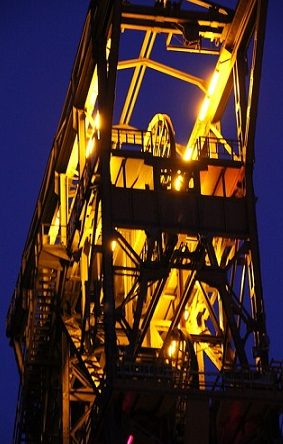 In a recent report by InfluenceMap, Glencore was ranked among the top 10 companies most obstructing government policy when it comes to setting Paris Agreements climate aligned policies to reduce carbon emissions to 1.5.
In a recent report by InfluenceMap, Glencore was ranked among the top 10 companies most obstructing government policy when it comes to setting Paris Agreements climate aligned policies to reduce carbon emissions to 1.5.
In Peru, over 56,000 people are exposed to heavy metal contamination around Glencore’s Espinar copper mine (Cusco) it has polluted the water of the ancestral territory of the Quechua and K’ana Indigenous peoples and plans to expand the mine by taking land, without ensuring proper negotiation and consultation with the affected communities.
Ana Leyva, representative of CooperAcción Peru, said: “There is new evidence that Glencore is polluting water, air and the ecosystem. In Espinar, more than 56,000 people are exposed to contamination by heavy metals around Glencore’s mine. Meanwhile, communities are not consulted properly about the copper mine’s expansion.”
Investors expressed major concerns, in a resolution tabled at this year’s AGM highlighting how Glencore’s climate policy was not fit for purpose in terms of divesting from thermal coal production to meet Paris Agreement objectives. Glencore’s answer has been to increase its investment in thermal coal by buying Teck’s thermal coal business and it plans to spin off a new company combining Teck and Glencore’s thermal coal assets.
Glencore has also started proceedings against the Colombian government in an Investor-State Dispute Settlement (ISDS) case, which could result in the Colombian state paying millions of dollars, because the state chose to fulfil its obligation to protect the water rights of marginalised Indigenous and Afro-descendant communities.
According to CINEP and CENSAT co-authors of a Colombia report on Glencore’s Cerrejón Mine, “Glencore diverted the river Bruno to accommodate their coal mine in an already water-scarce region. They polluted what little remains. And not content with this, the mining giant now seeks to strong-arm the Colombian government with a multi-million-dollar arbitrage claim, aiming to expand its coal mine.”
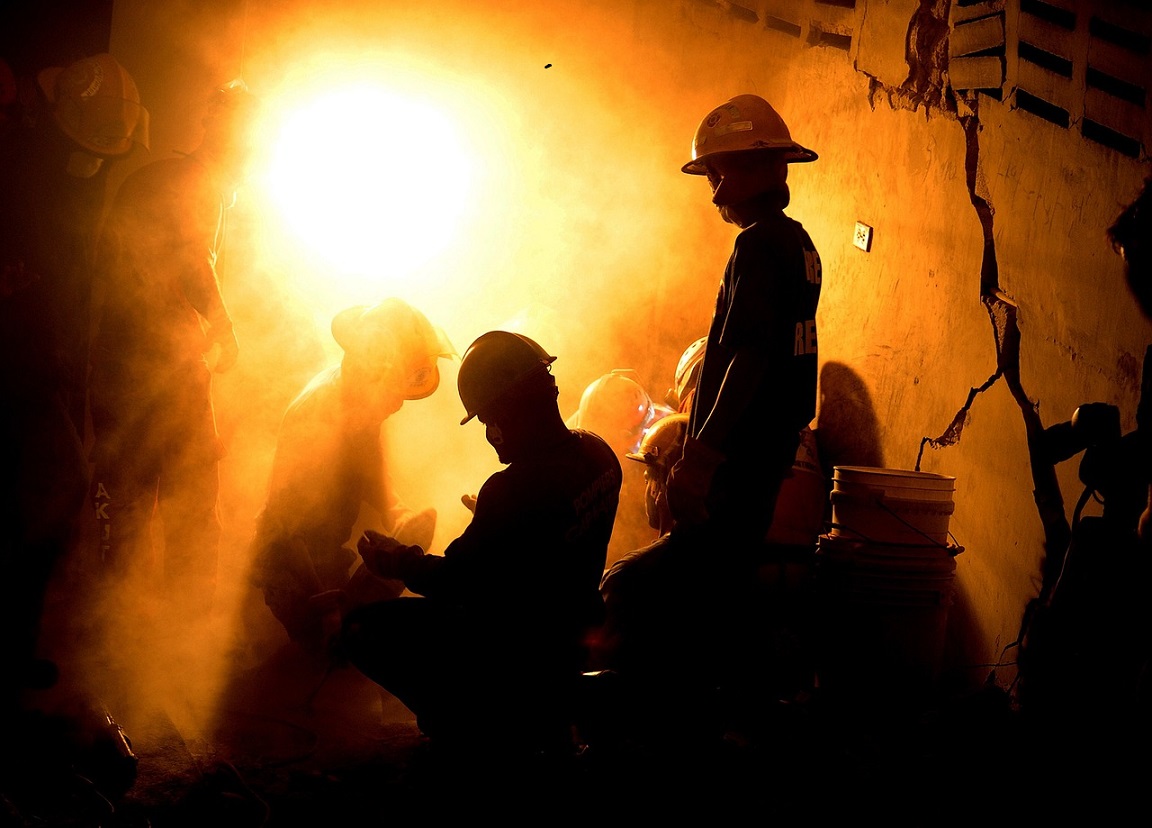 On British land
On British land
The delegation is on a tour of European countries (Holland, Denmark, Germany, Switzerland, Belgium, Ireland and the United Kingdom), not only to publicise these violations, but also urging the company and its investors, which include UK high street banks and UK Pension fund investors to assume their corporate and financial responsibility, to ensure that the coal mining project in Colombia and its significant impact on human rights and the environment are in line with the Paris Agreement. Jenny Ortiz, from CINEP Colombia, explains that “Investors and bankers should not put their money in companies that violate human and environmental rights because that makes them complicit in these crimes”
The delegation visiting the UK includes Elsa Merma Ccahua (Association of Women Defenders of the K’ana territory and culture), Leobardo Sierra Frias (Wayuu indigenous leader), Jenny Ortiz (researcher CINEP), Paula Portela (researcher, CENSAT), Paul E. Maquet (CooperAccion) and Louise Winstanley (ABColombia).
All of them will speak at the event “Unmasking Glencore: a toxic legacy in Colombia and Peru”, which will take place on 27 November in London and will be moderated by John Crabtree of the Latin American Centre, University of Oxford.
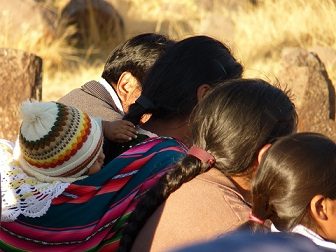 About the speakers
About the speakers
Leobardo Alberto Sierra Frias, Wayuu Indigenous community leader. He was born on the banks of the Bruno stream (Arroyo Bruno).
An environmental defender seeking to protect the integrity of the Bruno stream, which is the community’s water and food source, this is a sacred river, fundamental to the spirits of their community.
Jenny Paola Ortiz Fonseca, researcher at the Centro de Investigación y Educación Popular (Cinep/PPP), for the past nine years she has been documenting the serious human rights violations caused in the department of La Guajira as a result of extractive activities in the mining and energy sector.
Paula Portela, Censat Agua Viva (Friends of the Earth Colombia) researcher specialising in large-scale coalmining impacts in Colombia, energy transition, fair mining closure plans and the role of women in the defence of territory.
Elsa Merma Ccahua is a community an environmental human rights and health defender.
She is the president of the Association of Women Defenders of the K’ana territory and culture in Espinar, as well as the Organizing Secretary of the National Platform of People Affected by Metals, Metalloids and other Toxic Chemical Substances (la Plataforma Nacional de Afectados por Metales, Metaloides y otras Sustancias Químicas Tóxicas).
Louise Winstanley is ABColombia Programme and Advocacy Manager. She has worked on Colombia for the last 15 years, initially in-country with PBI and for the last fourteen years with ABColombia.
Day, time and venue: 27 November, 6 pm. to 9 pm. UCL Building. Room G03. 26 Bedford Way, London, WC1H 0DS. For more information and bookings click here.
(Photos: Pixabay)












.jpg)












